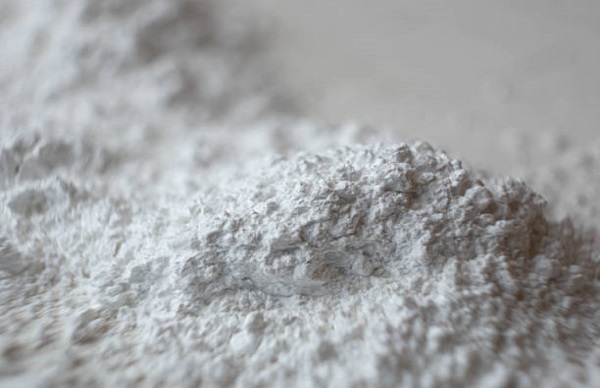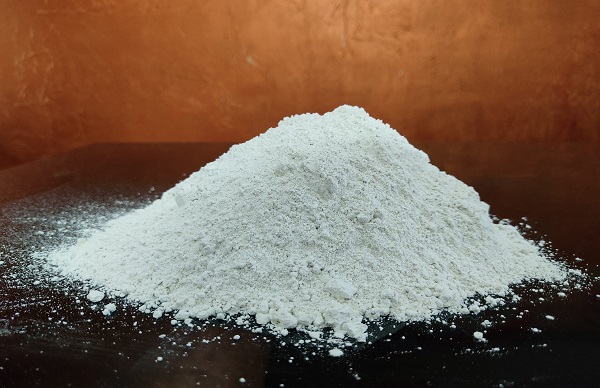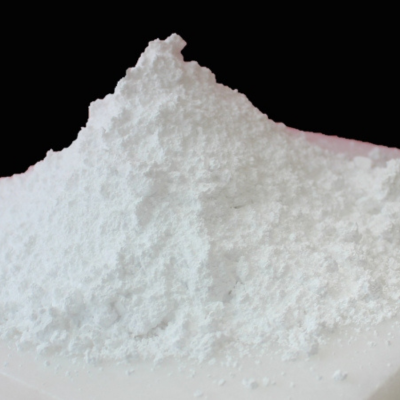
Can Calcium Carbonate be consumed
October 8, 2024
Where to get Calcium Carbonate Powder
October 8, 2024Calcium Carbonate Powder Suppliers is a versatile compound that is commonly found in various forms in nature, such as chalk, limestone, and marble. It is also a significant component of the shells of marine organisms, snails, and eggs. Beyond its geological presence, calcium carbonate plays an important role in various industries, including construction, agriculture, and food production. But can we eat calcium carbonate? This question is essential, especially for those seeking to understand the nutritional and health implications of consuming this compound.
Calcium Carbonate as a Food Additive
Calcium carbonate is widely used as a food additive, designated by the E number E170 in Europe. It serves several purposes in the food industry. Primarily, it acts as a calcium supplement, providing an essential mineral that supports bone health and overall bodily functions. Calcium is crucial for various physiological processes, including muscle contractions, nerve signaling, and blood clotting.
In addition to its nutritional benefits, calcium carbonate functions as a food stabilizer and bulking agent. It can improve the texture and appearance of certain food products. For example, it is commonly used in products like baking powder, where it reacts with acids to produce carbon dioxide, helping baked goods rise. It is also added to fortified foods and beverages to enhance their calcium content.
Health Benefits of Calcium Carbonate
Consuming calcium carbonate in appropriate amounts can provide several health benefits. It is particularly important for individuals who may not get enough calcium from their diet, such as those who are lactose intolerant or follow a vegan diet. Calcium supplements, including calcium carbonate, can help prevent deficiencies and support bone health, reducing the risk of osteoporosis and fractures.
However, it's essential to consume calcium carbonate within recommended guidelines. The typical dietary allowance (RDA) for calcium varies by age and gender, but generally, adults require about 1,000 to 1,200 mg of calcium per day. Excessive intake of calcium carbonate can lead to health issues such as kidney stones, constipation, and digestive problems.
Safety and Considerations
While calcium carbonate is generally recognized as safe (GRAS) when used as a food additive or dietary supplement, there are a few considerations to keep in mind. Individuals with certain health conditions, such as hypercalcemia (high calcium levels in the blood) or kidney disease, should consult a healthcare professional before taking calcium carbonate supplements.
Moreover, the form in which calcium carbonate is consumed matters. Natural sources, such as dairy products, leafy greens, and fortified foods, are preferable as they provide calcium along with other essential nutrients. In contrast, supplements should be used judiciously and preferably under medical guidance.
Conclusion
In conclusion, yes, we can eat calcium carbonate, and it can be beneficial to our health when consumed in moderation. It serves important functions in the food industry and can be a valuable source of calcium for those in need of supplementation. However, it is crucial to be mindful of the quantity consumed and to consider individual health circumstances.
For those seeking high-quality calcium carbonate supplements or food-grade calcium carbonate for industrial use, companies like Sudarshan Group offer reliable options. With a commitment to quality and safety, Sudarshan Group provides products that meet the highest standards, ensuring that consumers can enjoy the benefits of calcium carbonate with confidence.



